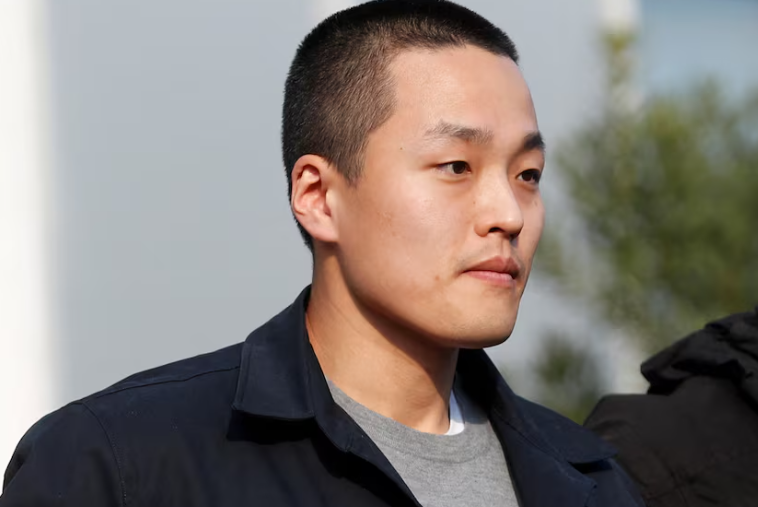A jury in Manhattan has found Singapore-based Terraform Labs and its founder, Do Kwon, liable on civil fraud charges brought forth by the U.S. Securities and Exchange Commission (SEC).
The verdict, delivered in federal court following a two-week trial, concluded that Terraform and Kwon misled investors before the collapse of their stablecoin in 2022, which sent shockwaves through cryptocurrency markets.
The SEC accused Terraform and Kwon of deceiving investors in 2021 regarding the stability of TerraUSD, a stablecoin designed to maintain a value of $1. Additionally, the regulator alleged that they falsely claimed Terraform’s blockchain was utilized in a popular Korean mobile payment app.
Do Kwon, the mastermind behind TerraUSD and Luna, a related token, faced accusations of causing investors to lose over $40 billion when the TerraUSD’s peg to the dollar faltered in May 2022. The SEC sought civil financial penalties and orders barring Kwon and Terraform from the securities industry. U.S. District Judge Jed Rakoff will determine penalties following hearings from both the SEC and the defendants.
In response to the verdict, a Terraform spokesperson expressed disappointment and stated they are exploring their legal options. They maintained their stance that the SEC lacks the legal authority to pursue the case.
Gurbir Grewal, the Director of Enforcement at the SEC, welcomed the verdict, emphasizing the real-world consequences of non-compliance within the crypto markets and urging for greater adherence to regulations.
Amidst the chaos caused by the collapse of TerraUSD and Luna, including bankruptcies among several companies, Terraform filed for bankruptcy protection in January. Do Kwon, who was arrested in Montenegro in March 2023, did not attend the trial, with both the United States and South Korea seeking his extradition on criminal charges.
During closing arguments, SEC attorney Laura Meehan portrayed Terraform’s success story as “built on lies,” accusing them of fraud for failing to disclose shortcomings. Meehan asserted that Terraform and Kwon arranged for a third party to purchase large amounts of TerraUSD to stabilize its price, falsely attributing the recovery to the stability of the coin’s algorithms.
Louis Pellegrino, an attorney for Terraform, countered the SEC’s claims, arguing that the case relied on statements taken out of context. Pellegrino maintained that Terraform and Kwon had been transparent about their products and operations, even in times of failure. He stated Terraform’s commitment to rebuilding and compensating affected purchasers.
Previously, Terraform argued that securities laws did not apply to their cryptocurrencies. However, Judge Rakoff ruled against this argument in December, determining that Terraform unlawfully sold digital assets without registering them as securities.
The verdict against Terraform Labs and Do Kwon marks a significant development in the regulation of cryptocurrencies, highlighting the importance of transparency and compliance within the industry.

